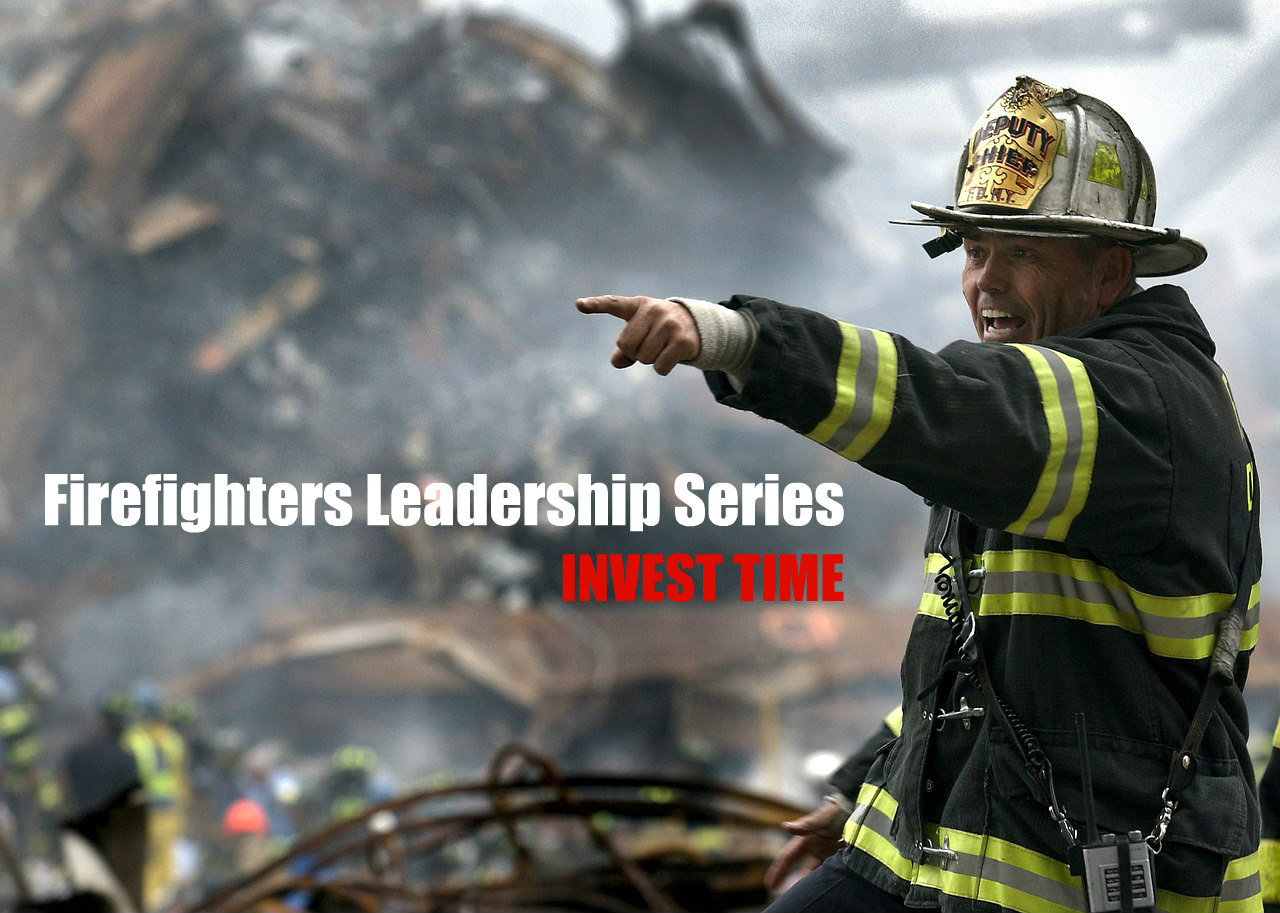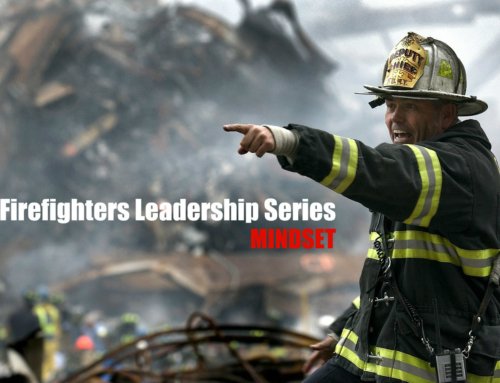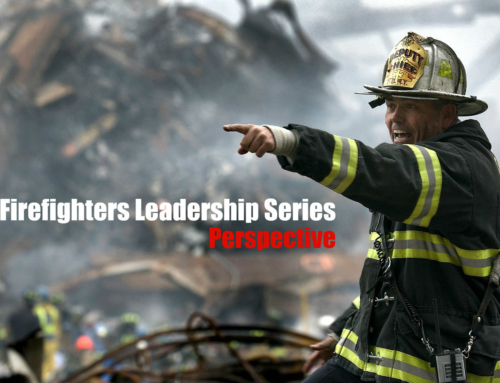The High Value of Time to Effective Leadership
Time is our most valuable asset. Time spent listening to others is essential for great leadership. You may be wired for action. However, the art of listening and the subsequent collaboration with others can accomplish much more.
Leaders understand that positive, trusting relationships build momentum over time. Moreover, our social capital is a direct result of how we nurture those relationships. When you find (or make) opportunities for dialogue with your colleagues, you boost their engagement and enthusiasm.
How Leaders Earn Respect
When you stop to consider the leaders you have trusted, what did they do, or say, that earned your respect? Some may command our obedience or at the very least, compliance through aggression. Fair enough. However, most of us are inwardly compelled to follow someone we sense has a genuine interest in the overall benefits for everyone concerned.
Effective leaders in the fire hall create social environments that value and respect people. If you understand the measurable impact that shared conversation will foster, you know it creates bonds and a supportive atmosphere. When that ethos exists, you won’t have a problem building group loyalty and enhancing personal connections.
Is Time Spent Listening to Others a Waste of Time?
Lesser leaders might be nervous about encouraging talk that appears unrelated to work and see it as a ‘waste of time,’ but outstanding leaders share no such qualms. And they have the results to prove it.
When you listen to others, do you demonstrate your interest with attentive and undivided attention, or are you continually distracted by your phone or other people?
Observe yourself the next time you are in conversation with others. Do you face them squarely, make eye contact, and exhibit an open and relaxed body posture? Or do you lean back, cross your arms, look at your computer screen, and mumble, “Uh-huh”?
Your people know if you care. Not by you saying you care, but by showing through your actions, your patience, and your keen interest in them as people and colleagues.
‘At the end of the day people won’t remember what you said or did, they will remember how you made them feel.’ (Poet Maya Angelou)
Take the Temperature
Everyday effective leaders understand the importance of creating specific (and deliberate) opportunities for interaction and conversation with a depth of meaning. Take a walk around to ‘take the temperature of your environment’ and find (make) opportunities to build relationships with others.
You can make this a habit. Every day for a few minutes, deliberately invest yourself in listening to the stories and thoughts of those who trust you with their future.
Another Pair of Eyes
If you want to sell an idea or behavior, you can save yourself a lot of grief and time by allowing the team to recognize the need for change through collaborative (communicative) design. By incorporating others in developing vision and strategy, they believe in the difference they are making. After all, they helped design it themselves!
Conflicts That Need Resolution
To help others understand their role in the conflict, a bold leader won’t shy away from revealing their struggle or battle with weakness or vulnerability. We share stories, tales of effort, and conquest. All the while, we are helping our team to see themselves creating their freedom through bold self -awareness, and responsibility.
The Legacy of Listening – Take the Time
Take inventory of yourself. As a leader, do you spend a good portion of your time performing your most vital task, the development of great people? Are you talking with them, swapping tales, sharing insights, creating goals?
In the end, your leadership legacy reflects the people who became great with you as their coach and colleague, working side by side, and taking the time to listen genuinely.






